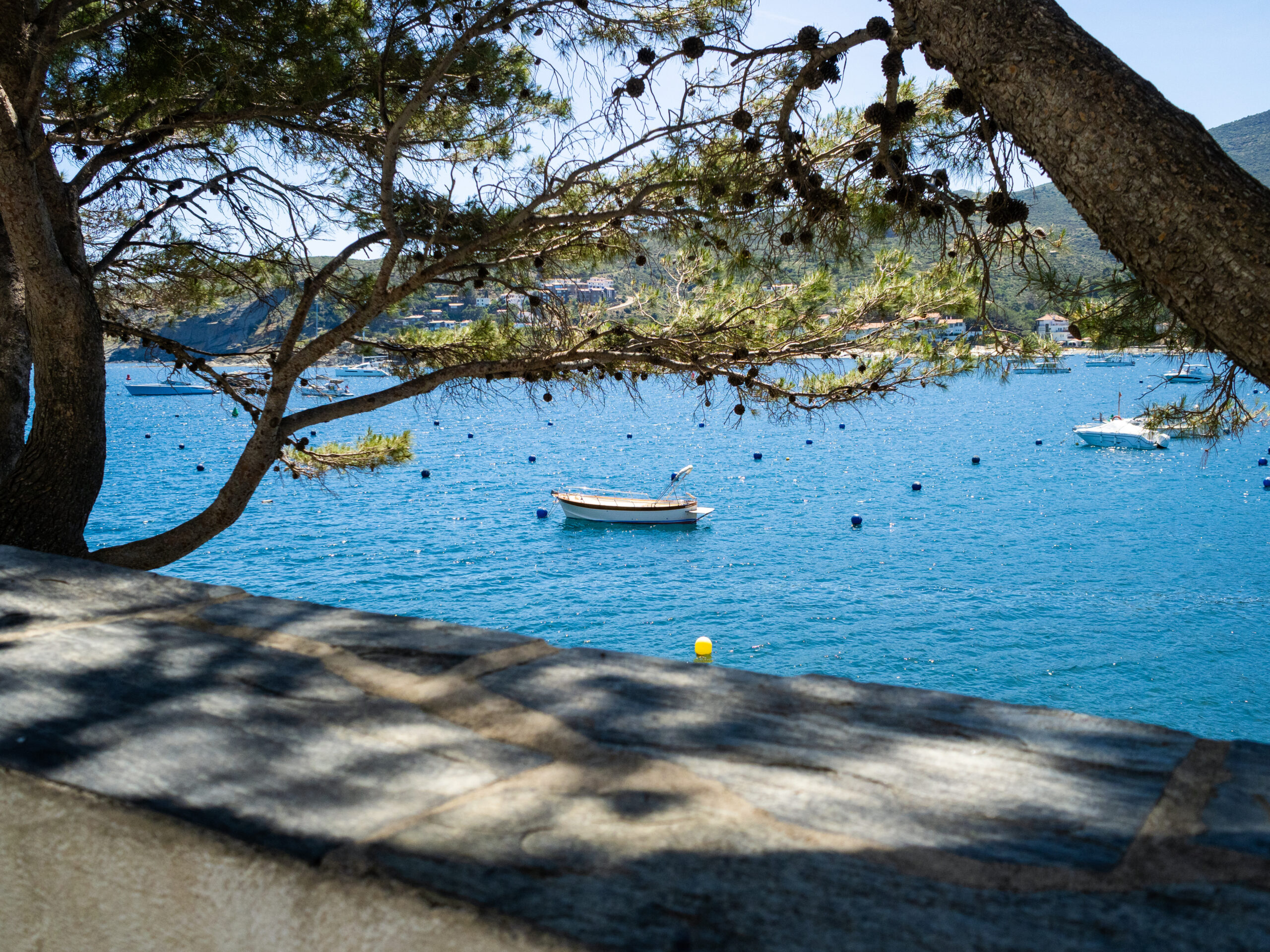When people talk about sustainability, the conversation often turns to large-scale solutions. We think of global climate agreements, massive infrastructure projects, or cutting-edge technologies. But in my experience, some of the most powerful lessons about living sustainably come not from boardrooms or research labs, but from small coastal communities. These are places where people live closely with the rhythms of nature, and where survival has always depended on balance and respect for the environment.
Living in Rhythm With the Sea
In many coastal towns, especially those that rely on fishing, the sea is not just scenery. It is life. Generations have learned to respect the cycles of tides, spawning seasons, and weather patterns. These communities have built practices that prioritize long-term survival over short-term gain. For example, fishermen in some villages set self-imposed limits on how much they harvest, knowing that taking too much today could leave them with nothing tomorrow. That kind of restraint may seem old-fashioned, but it is exactly what sustainability is about.
This rhythm is something the rest of the world could learn from. We often push for maximum production, whether in agriculture, manufacturing, or energy. Yet nature has limits. Small coastal communities remind us that living well within those limits is not just possible but essential.
Community-Centered Problem Solving
Another lesson is the power of community-based solutions. In small towns, everyone knows that what affects one person eventually affects everyone. If pollution enters the bay, it does not just hurt one family’s business. It threatens the entire community’s livelihood. That shared responsibility has led to remarkable collective action.
I have seen communities come together to restore oyster reefs, plant mangroves, and clean up shorelines. These projects are often driven by local volunteers, not government mandates. They succeed because people feel a personal stake in the outcome. It is not an abstract idea of sustainability. It is their backyard, their children’s future, and their way of life.
This local ownership is something we often miss on a global scale. Big policies are necessary, but they can feel distant. What if we encouraged more neighborhood-level projects in cities around the world? What if we empowered people to see sustainability as something they shape with their own hands?
Knowledge Passed Through Generations
Small coastal communities are also keepers of traditional knowledge that modern science sometimes overlooks. Whether it is reading the clouds for a coming storm, knowing which plants stabilize dunes, or understanding the breeding habits of local fish, these insights come from lived experience. They have been tested not in a lab but in the real world over centuries.
I do not suggest we abandon science for tradition, but there is tremendous value in blending the two. When local wisdom and scientific research meet, the results can be powerful. In fact, some of the most effective restoration projects I have seen started with community knowledge that scientists later validated and expanded upon.
Adaptability and Resilience
Perhaps the strongest lesson from small coastal towns is resilience. These communities know change. Hurricanes, floods, and shifting economies have tested them over and over. Yet time and again, they rebuild, adapt, and carry on. That spirit of adaptability is exactly what the world needs as climate change accelerates.
Resilience does not mean ignoring hardship. It means facing it together, adjusting practices, and finding new ways to thrive. From elevating homes to diversifying income sources beyond fishing, coastal communities show us that flexibility is survival. For a global society facing rising seas, extreme weather, and ecological loss, that mindset could make the difference between collapse and continuity.
Why This Matters Globally
It might be easy to dismiss the lessons of small coastal communities as too narrow or too localized. But I would argue the opposite. These towns are on the frontlines of climate change. They are already living with realities that many larger cities will face in the near future. If we listen to them now, we might avoid repeating their struggles later.
Their emphasis on community, restraint, knowledge, and resilience is not just relevant to people by the sea. It applies to anyone looking for a more balanced way of living, whether in a mountain village, a midwestern town, or a global metropolis.
A Call to Listen
When I spend time in small coastal communities, I am always struck by how ordinary daily choices add up to extraordinary sustainability. It is in the way someone repairs a boat to make it last another season instead of buying new. It is in the local festival that celebrates the ocean, reminding everyone why it matters. It is in the unspoken understanding that the environment is not separate from life but woven into every part of it.
If we want a sustainable future, we cannot only look up to global leaders and down into research papers. We also need to look sideways, to our neighbors who have been practicing balance all along. Small coastal communities may not make global headlines, but their wisdom is a quiet compass pointing us toward a better way forward.
